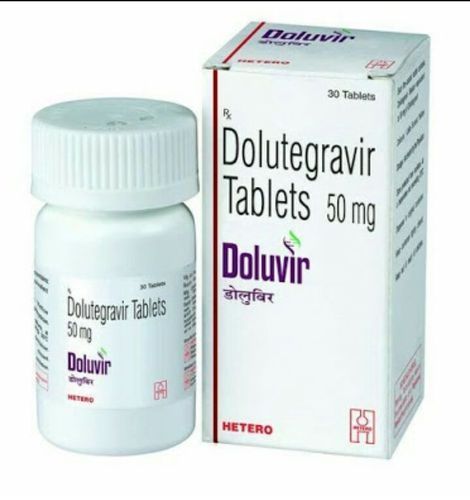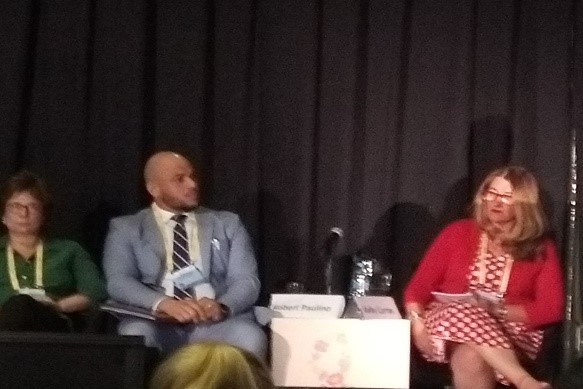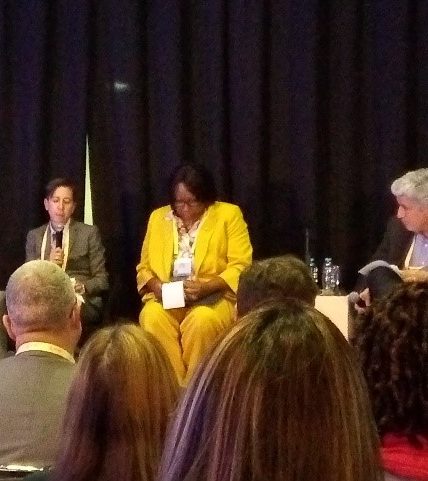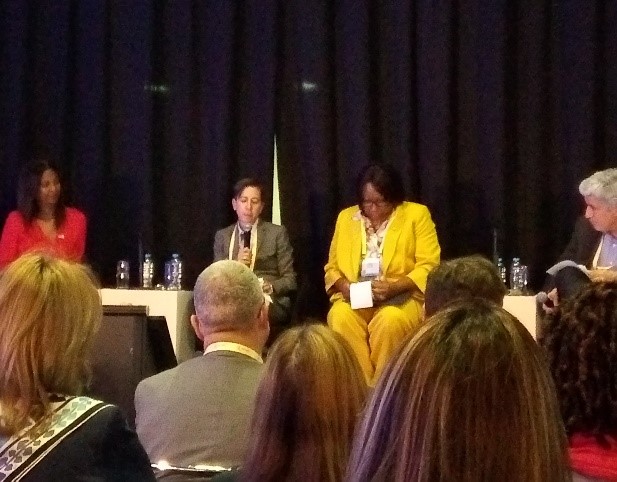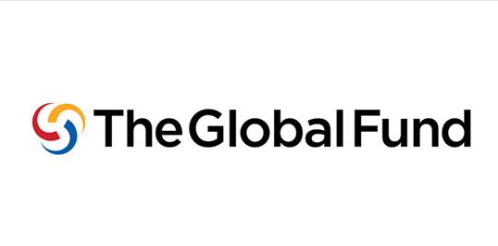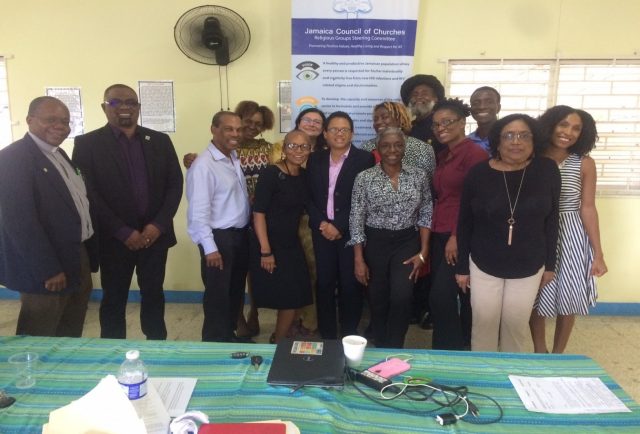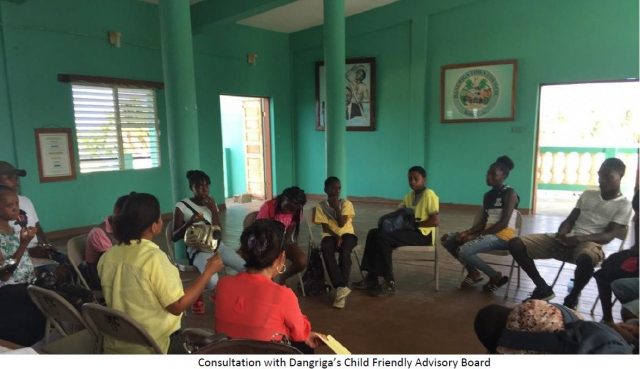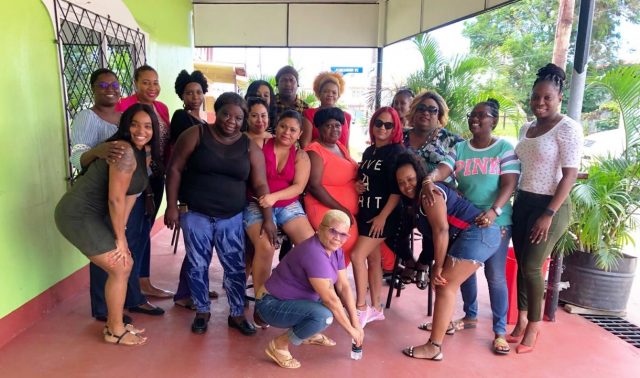Based on new evidence assessing benefits and risks, the WHO recommends the use of the HIV drug dolutegravir (DTG) as the preferred first-line and second-line treatment for all populations, including pregnant women and those of childbearing potential.
Initial studies had highlighted a possible link between DTG and neural tube defects (birth defects of the brain and spinal cord that cause conditions such as spina bifida) in infants born to women using the drug at the time of conception. This potential safety concern was reported in May 2018 from a study in Botswana that found 4 cases of neural tube defects out of 426 women who became pregnant while taking DTG. Based on these preliminary findings, many countries advised pregnant women and women of childbearing potential to take efavirenz (EFV) instead.
New data from two large clinical trials comparing the efficacy and safety of DTG and EFV in Africa have now expanded the evidence base. The risks of neural tube defects are significantly lower than what the initial studies may have suggested.
The guidelines group also considered mathematical models of the benefits and harms associated with the two drugs; the values and preferences of people living with HIV, as well as factors related to the implementation of HIV programmes in different countries, and cost.
DTG is a drug that is more effective, easier to take and has fewer side effects than alternative drugs that are currently used. DTG also has a high genetic barrier to developing drug resistance, which is important given the rising trend of resistance to EFV and nevirapine-based regimens. In 2019, 12 out of 18 countries surveyed by WHO reported pre-treatment drug resistance levels exceeding the recommended threshold of 10%.
All of the above findings informed the decision to update the 2019 guidelines.
In 2019, 82 low- and middle-income countries reported to be transitioning to DTG-based HIV treatment regimens. The new updated recommendations aim to help more countries improve their HIV policies.
As for any medications, informed choice is important. Every treatment decision needs to be based on an informed discussion with the health provider weighing the benefits and potential risks.
WHO also stresses the importance of providing information and options to help women make an informed choice. To this end WHO has convened an advisory group of women living with HIV from diverse backgrounds to advise on policy issues related to their health, including sexual and reproductive health. WHO highlights the need to continually monitor the risk of neural tube defects associated with DTG.

